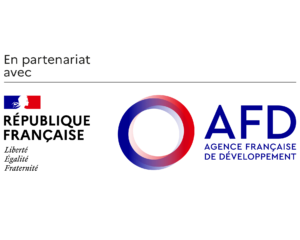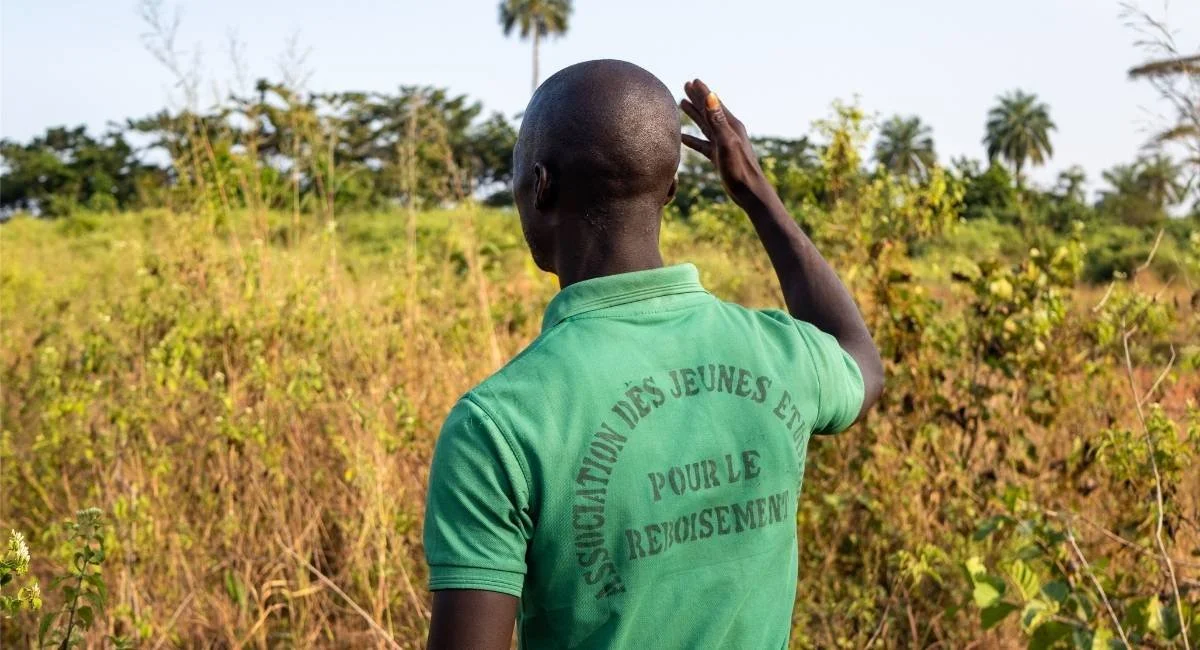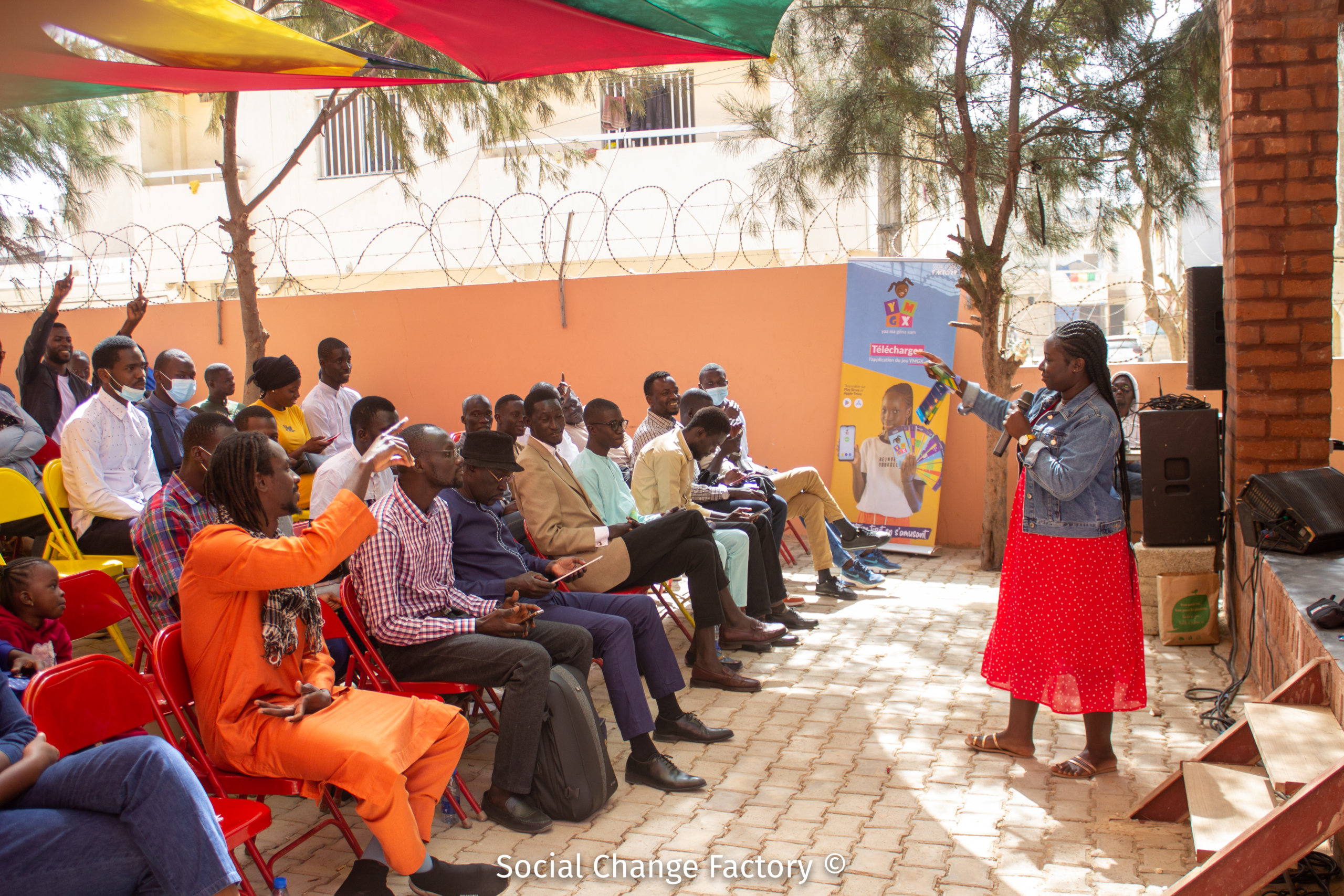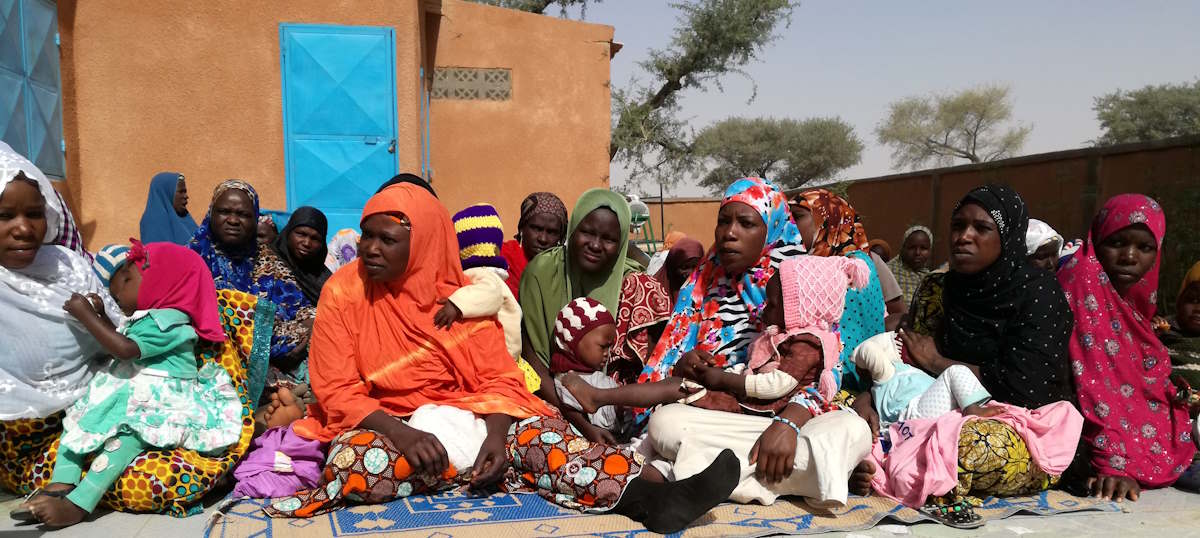Climate change, multifaceted crises, conflicts: in an unstable world, faced with numerous threats, the issue of youth integration today is much more than an economic issue. Yet, although youth inclusion is now well integrated in public policies, particularly because of young people’s demographic weight, they are too often still considered as merely beneficiaries of actions aimed solely at educating them and guiding them into employment.
This is the thinking behind the JADE programme – Jeunesses Actrices du monde de Demain –, funded by Agence française de développement. “For many years, GRET and its partners have been strengthening systems of vocational training and support for integration, but several years ago, they realised that this was not enough to support young people in their transition to adulthood”, explains Camille Paquet, head of the Integration and Employment team at GRET. “It was crucial to make a change in our methods of action to promote a new vision of young people and transform their role in projects, considering them as actors of their own change”.
This new vision also required supporting young people well beyond their professional integration: “We wanted to move away from an approach that was very focused on economics, the sole objective of which was to ensure young people find decent employment, and move towards thinking about real integration of young people in society”, adds Camille. “This meant taking the social, civic, environmental and climate components into account”.
GRET’s approach is underpinned by two complementary pillars: “overall” integration of young people, and strengthening of their power to take individual and collective action. This approach is being rolled out in a very concrete manner in projects conducted by the organisation. It was first implemented in six countries: Guinea, Haiti, Congo, Mauritania, Mali and Senegal. It is now being extended to Madagascar, Vietnam, Cambodia and Myanmar.
All dimensions of integration
The systems GRET puts in place as part of its projects now include the other dimensions of youth integration. The latter must enable them to access relevant information in order to make informed decisions, boost their technical capacities and their soft skills, and take account of the cross-cutting issues they face: social, economic, ecological, political, civic, digital and technological transitions.
For example, in Congo, where the waste management sector is considered to be a sustainable economic opportunity in line with the country’s ecological transition, young people are trained by GRET in the pre-collection operator trade, and are also carrying out actions to raise awareness in communities on waste sorting. Apart from learning a trade, this support helps young people to plan for the future, as is the case of Eunoch Likamela, who was trained as part of the project: “I want to set up a business based on waste collection”, he tells us. “Maybe even consider myself as an entrepreneur in Congo!”.
The power to take action
This capacity to plan for the future is also made possible by the role young people are playing as social actors and eco-citizens in their territories.
“Young people must be supported to realise that they have roles to play within territories”, says Khady Diatta, manager of the “Young citizen reporters” project at GRET Senegal. In the suburbs of Dakar, she is supporting the training of a network of young reporters to strengthen their involvement and their impact in society. “With this project, young people are becoming accepted actors in their communities, they are boosting their power to take action”.
In Forest Guinea, where there are many environmental challenges, GRET is also facilitating the involvement of young people by boosting their capacities to analyse these issues and their involvement through individual and collective civic initiatives for the environment.
In a transformative approach to integration, the issue of gender and young women’s empowerment is also essential. In Vietnam, GRET is supporting young women who came from rural areas to work in factories in Quảng Nam province, training them to use digital tools to acquire technical and social skills.
A subject that has become cross-cutting
Consideration and integration of the subject of youth in all of GRET’s projects and in its strategic orientations is also an important objective of the JADE programme’s second phase.
Awareness-raising and training sessions are delivered to teams to enable better understanding of this subject area and its specificities, and in order to foster good practices for integration of the youth component at every stage of a project.
Internal diagnoses were organised with Consortium Jeunesse Sénégal, GRET’s partner, to evaluate the extent to which young people are taken into account in different areas: governance, programmes, projects, purchasing, partnership, communication. These were conducted by a “young people’s union”, made up of young employees who were also tasked with drawing up a strategy for the entire organisation. “Young people inject new perspectives on the way we work, but the ideas that emerge are too often held back because young people feel they are not sufficiently qualified”, says Anne-Florie Quesnel, Integration and Employment support officer at GRET. “This approach will surely make it possible to remove blockages”.
GRET is also exploring new, cross-cutting subject areas applied to youth. For example, in Niger, where its teams worked on the issue of birth registrations, which is crucial for the future of young people in this country. The project launched by GRET includes young people directly in the development and implementation of solutions. A project for and by young people, who are capable of playing their role and taking action, in a very concrete manner, for their present and their future.





